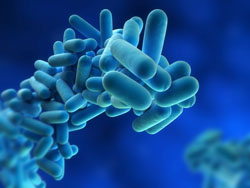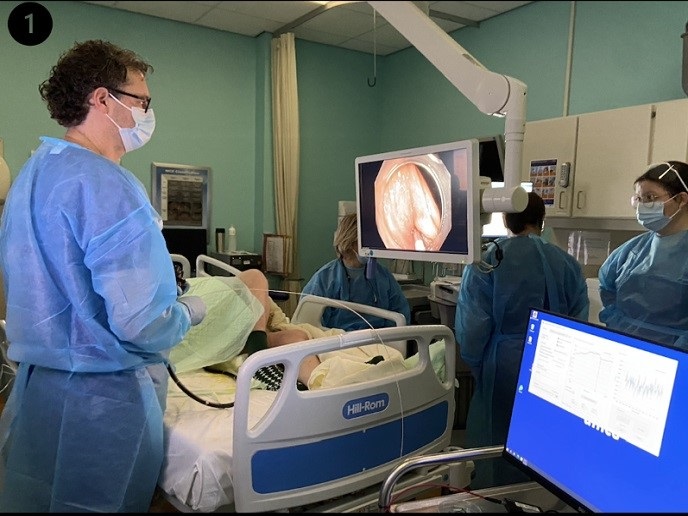Limiting the risk of Legionnaire's disease in Europe
Legionnaire's disease is contracted by several thousand Europeans every year, for some of whom the disease is fatal. Legionella bacteria, the cause of the disease, exist in our water supply and can reach dangerous levels when the conditions are right. Unfortunately, conventional detection methods are slow and subject to a number of other problems. In order to avoid serious epidemics, a faster, more effective approach is required. This was the goal of the EU-funded 'Rapid biotechniques based on immunosensors for in situ detection of legionella in industrial and environmental water samples' (Immunolegio) project. Rather than collect water samples that require lengthy examination in a laboratory, an in situ biosensor was developed. It takes advantage of the response of Legionella bacteria when subjected to a magnetic field. Suitable antibodies were identified and attached to the sensor's chip with paramagnetic beads. The Immunolegio team was also able to meet the challenge of fitting all the electronics and software in to a portable, hand-held unit, which was a fundamental user requirement. Initial difficulties with sample analysis were overcome by switching to a batch format. Extensive testing and tweaking helped further refine the biosensor's performance while reduce production costs. Given the innovative nature of the instrumentation, detailed documentation and training have been provided to potential end users. By delivering much faster feedback on Legionella concentrations, the new biosensor will help reduce the population's exposure to unsafe levels of these dangerous bacteria.







